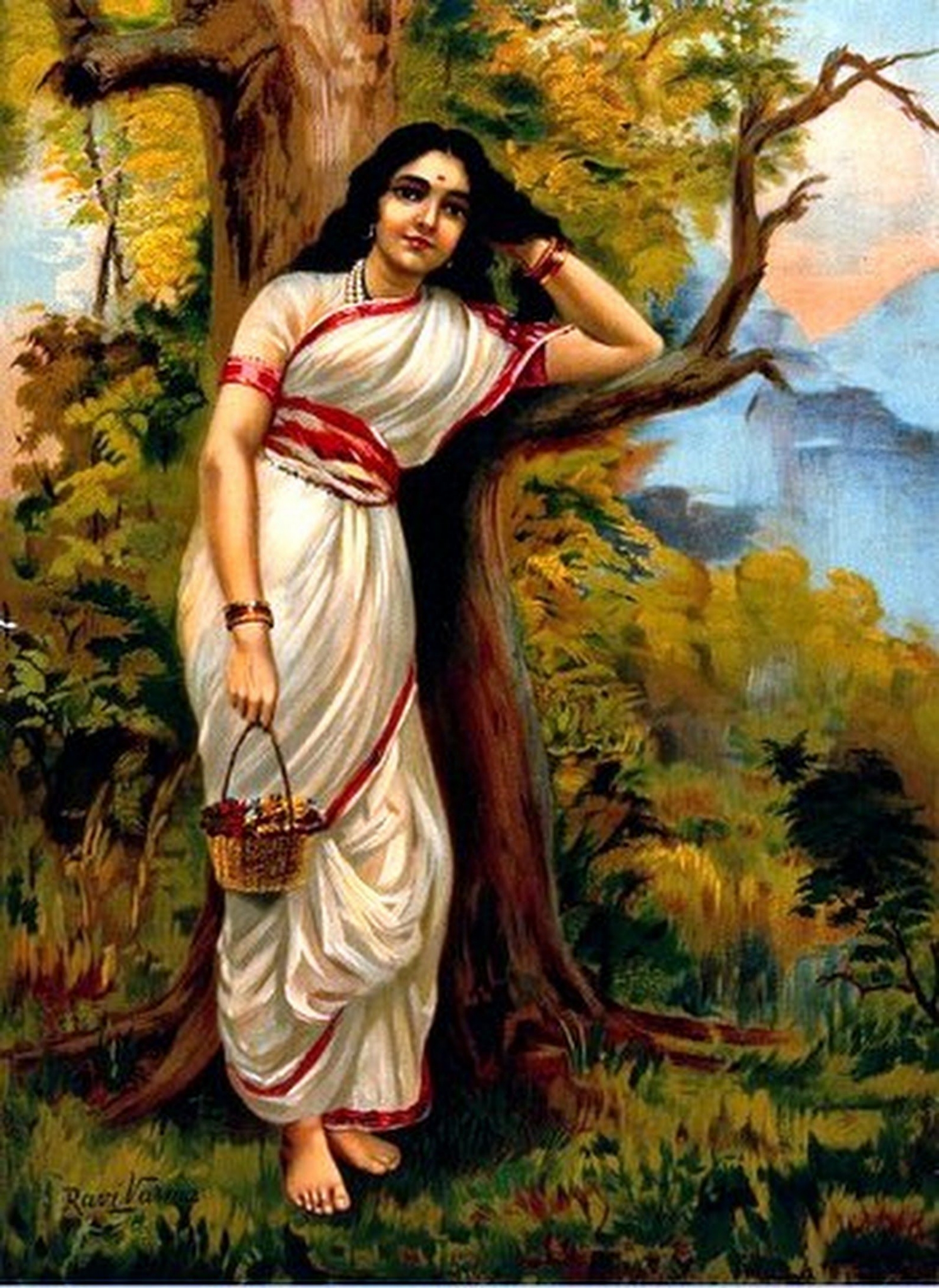Late last month Amish Tripathi released his last book in the Shiva Trilogy- The Oath of the Vayuputras - and a whole bunch of book lovers in my office went into a frenzy. I didn't quite understand it & quite frankly I was agitated that I didn't know about this famous book when everybody else did! I then looked it up online & decided that I want to read it too. I'm immensely fond of mythology so I took to the book immediately, yet grudgingly so since I knew it was only fiction. But some parts of the book either brought tears to my eyes, or answered an impending question in my head, or left me a tad bit wiser. Sorry Paulo Coelho, your books didn't impact me as much!
Here's an excerpt of the trilogy that I liked most and brought tears to my eyes:
This excerpt had such a profound effect on me and I felt empowered! It was as if I was in that army and I was being spoken to. I still have no idea why this touched me so. Maybe it's a a piece of knowledge that will be used later.
Another beautiful line in The Secret of the Nagas that touched me was:
For those who are looking for self-realization and like reading, do read these books. Well written, addictive and helpful. May have the answers to your questions.
Sunayana Sen
Here's an excerpt of the trilogy that I liked most and brought tears to my eyes:
A resounding roar arose from the Suryavanshis. They were led by the Mahadev. The God of Gods. The Chandravanshis did not stand a chance.
"But I am not the only one!"
A shocked silence descended on the Surayavanshis. What did the Mahadev mean? He is not the only one? Do the Chandravanshis have a god too?
"I am not the only one! For I see a hundred thousand Mahadevs in front of me! I see a hundred thousand men willing to battle evil! I see a hundred thousand men capable of destroying evil!"
The stunned Suryavanshis gaped at their Neelkanth as the import of his words permeated their minds. They dared not ask the question: Are we gods?
Shiva had the answer: "Har Ek Hai Mahadev!"
The Meluhans stood astounded. Every single one a Mahadev?
"Har Har Mahadev?" bellowed Shiva.
The Meluhans roared. All of us are Mahadevs!
Pure primal energy coursed through the veins of each Suryanvanshi. They were gods! It didn't matter that the Chndravanshis outnumbered them ten to one. They were gods! Even if the evil Chandravanshis outnumbered them a thousand to one, victory was assured. They were gods!
"Har Har Mahadev!" cried the Suryavanshi army.
This excerpt had such a profound effect on me and I felt empowered! It was as if I was in that army and I was being spoken to. I still have no idea why this touched me so. Maybe it's a a piece of knowledge that will be used later.
Another beautiful line in The Secret of the Nagas that touched me was:
There is a god in every single one of us. And there is evil in every single one of us. The true battle between good and evil is fought within.And somewhere later in the book it is said because there's both good an evil in us it takes strength to choose the good. The weak would choose evil. To me this meant that when I have to make a choice, I have to be brutal on my self and choose what's good for most that are involved otherwise I'm weak and that's something I can't live with.
For those who are looking for self-realization and like reading, do read these books. Well written, addictive and helpful. May have the answers to your questions.
Sunayana Sen

